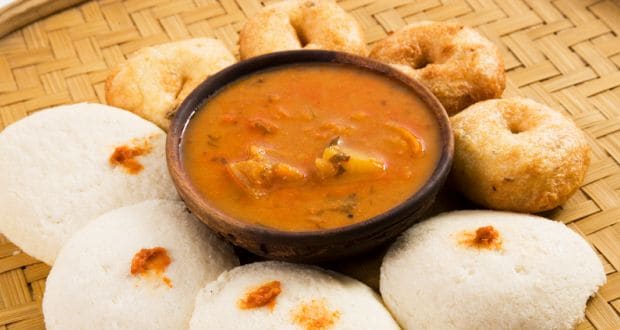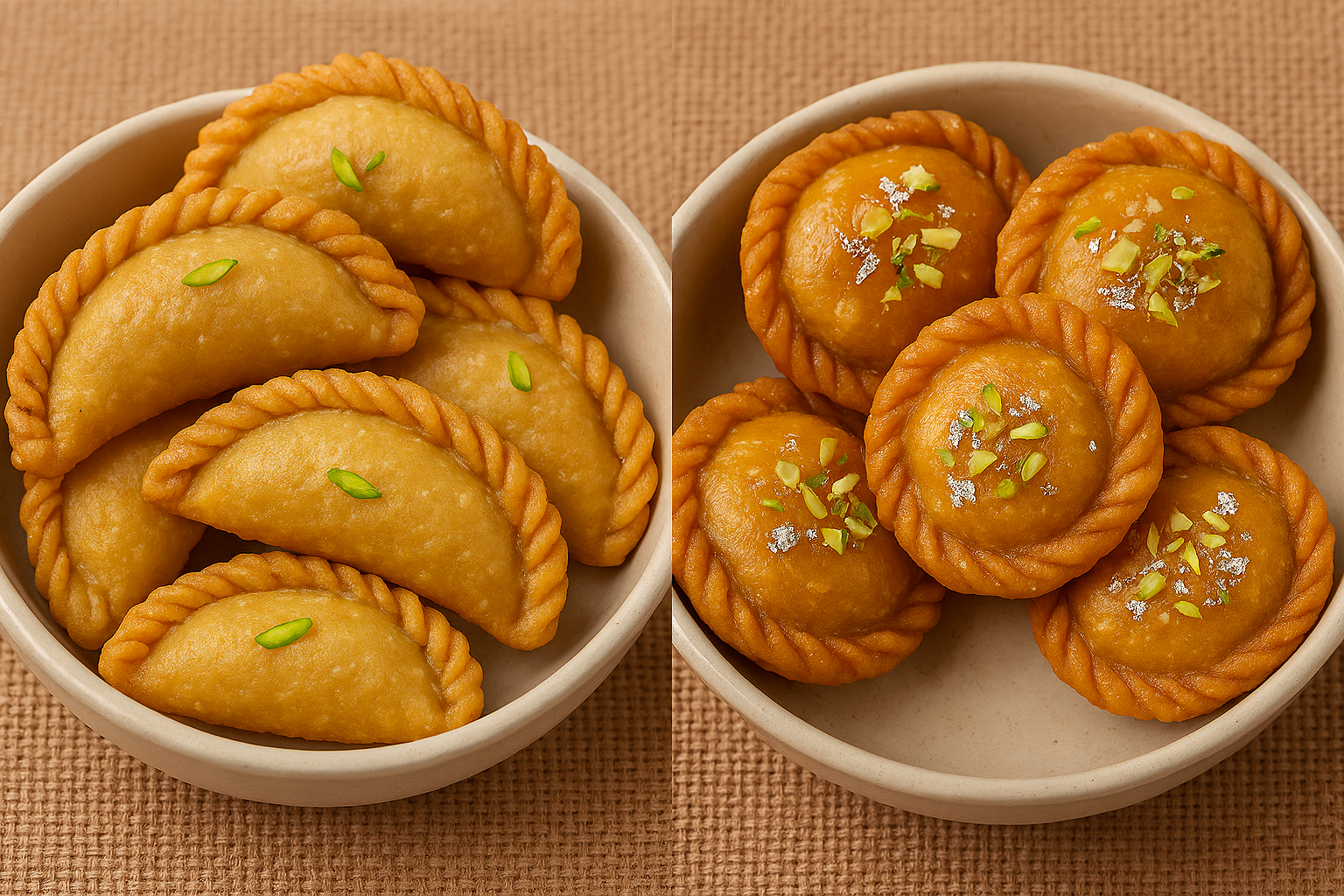A meal at a tiny local restaurant in Siem Reap, Cambodia, a few years ago made me rediscover a dish from Kerala. Years ago, I tried Fish Amok, one of Cambodia's emblematic dishes. Fish Amok is believed to have originated from the royal kitchens of the Khmer Empire (which ruled from the 9th to the 15th Century). There's also a theory that this dish did not originate in Cambodia and might have come from another part of Asia. A few weeks ago, I was at O by Tamara Trivandrum, where one of the highlights of my meal was a Meen Manga Pothi. Mahi-mahi fish steamed in a banana leaf with a flavorful twist of raw mango. It was more than just a dish; it was a dish that brought back memories of fabulous meals in Kerala and Southeast Asia. Fish Amok is usually prepared with catfish. The fish fillets are rubbed with kroeung (a traditional Khmer spice paste) and then placed in leaves and steamed for at least 20 minutes until they reach a smooth, mousse-like consistency. It's not just fish; other versions are made with meat or tofu.
Also Read: 13 Best Indian Fish Curries You Must Try

Chef Suresh Kumar, the Executive Chef at O by Tamara Trivandrum, sought inspiration for the Meen Manga Pothi (see recipe) from his childhood meals. Like many residents of Kerala, he remembers the pothichoru, a packed meal in a banana leaf. At a time when storage jars and aluminium foil were not a thing, most travellers would carry a full meal tightly wrapped in a banana leaf. A meal that would include multiple elements, including a fish preparation, a thoran (or stir-fried vegetable like cabbage), rice, and a meat dish. While it was all packed in one leaf, they rarely mixed up until the leaf was opened hours later.
Steamed fish in a banana leaf is a popular delicacy in Kerala. The Meen Pollichathu is one of the best-known seafood dishes from the state. Traditionally, this is made with pearl spot fish or karimeen - it's why the dish is also referred to as karimeen pollichatu. Pollichathu refers to fried. In this preparation, the fish is marinated and then fried before it's wrapped in a banana leaf and then cooked on a low flame.
Also Read: 11 Most Cooked Grilled Fish Recipes | Popular Fish Recipes

Pothi means packed in Malayalam, and Kerala's famed Pothichoru or a packed meal in a banana leaf is one famous version. The pothi is also used to cook marinated fish over a grill, where the banana leaf acts as a cooking vessel and infuses the fish with its aromas and flavours. According to Chef Suresh Kumar, Manga (mango) brings the flavours of summer to this fish dish - a marriage of the King of Fruits and the bounty of the sea that Kerala is famous for. This is a healthier version of the pollichathu that does not involve a frying process. In that sense, it's closer to the steamed Fish Amok. You can try this delicious recipe at home:
Meen Manga Pothi Recipe | How To Make Meen Manga Pothi
Recipe Courtesy - Suresh Kumar, Executive Chef, O by Tamara, Trivandrum

Ingredients:
- Mahi Mahi Fillet - 170 gm
- Raw mango (peeled) - 50 gm
- Curry leaves - 20 gm
- Turmeric powder - 10 gm
- Green chillies - 20 gm
- Peeled shallots - 30 gm
- Ginger garlic paste - 20 gm
- Salt to taste
- Coconut oil - 50 ml
- Banana leaf - 1
Method:
- Marinate the fish with salt, ginger-garlic paste, and turmeric powder and set aside.
- Mix roughly chopped shallots, curry leaves, green chillies, raw mango, and coconut oil. Add this to the fish.
- Set this marinated fish aside in the refrigerator for 30 minutes.
- To prep the banana leaf, run the central vein of the leaf gently over an open flame. This helps release aromas into the fish and makes the leaf pliable to wrap the fish.
- Take the fish out of the refrigerator and carefully wrap it in the banana leaf, securing the open edges with a toothpick.
- Grill this packet (pothi) on a hot grill for 3 to 4 minutes. Turn it over and continue to cook for 3 minutes.
- Serve the closed pothi, to be unwrapped at the table, with a garnish of curry leaves.
About Ashwin RajagopalanI am the proverbial slashie - a content architect, writer, speaker and cultural intelligence coach. School lunch boxes are usually the beginning of our culinary discoveries.That curiosity hasn’t waned. It’s only got stronger as I’ve explored culinary cultures, street food and fine dining restaurants across the world. I’ve discovered cultures and destinations through culinary motifs. I am equally passionate about writing on consumer tech and travel.








